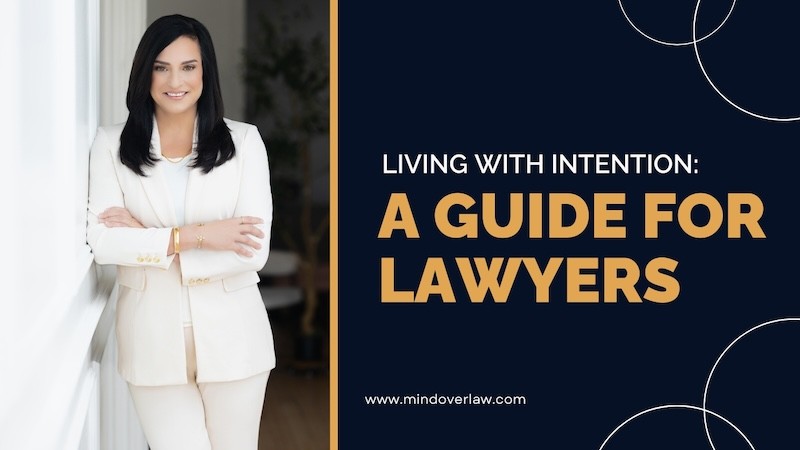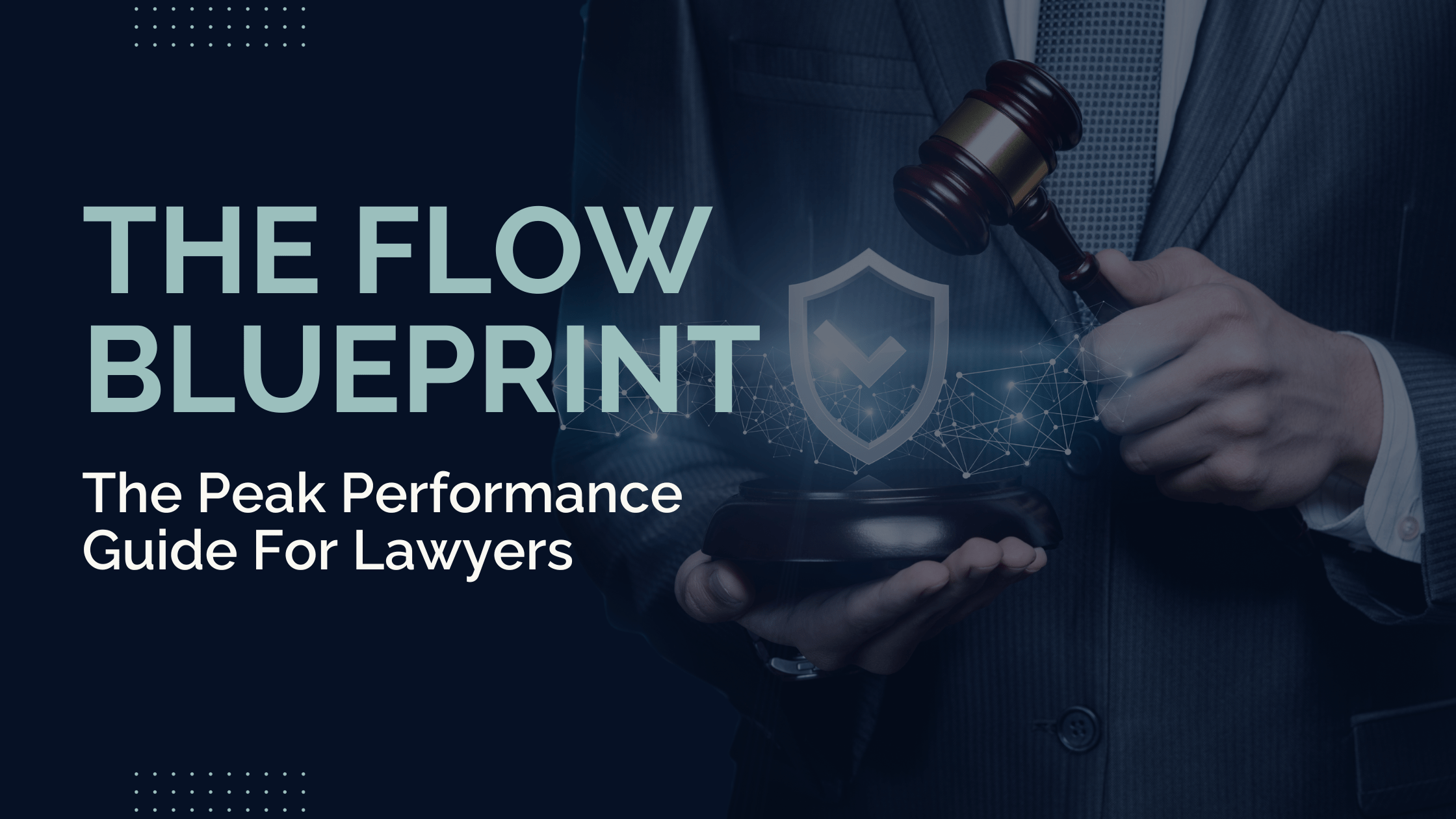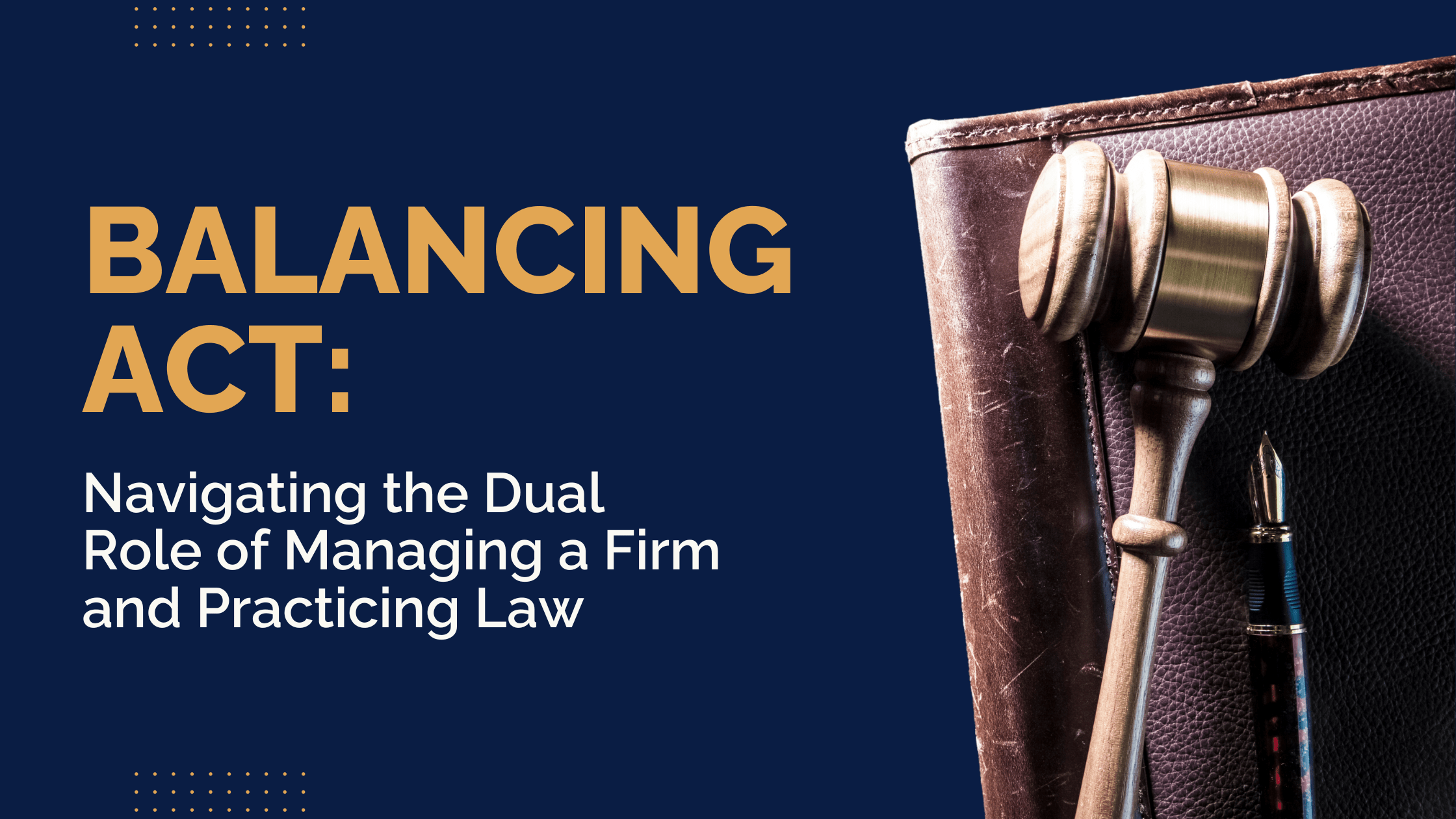The life of a lawyer, while rewarding, can be stressful. Long hours and stress contribute to poor sleep hygiene, too. As a profession disproportionately affected by mood disorders like anxiety and depression, getting enough rest and managing stress are essential for maintaining a good quality of life. Losing sleep and excessive stress might seem like a temporary problem; however, the long-term effects of sleep deprivation and stress might surprise you.
Sleep Deprivation and Mental Health
A sleep deficit could increase your risks for developing mental illness and if you already suffer with depression, anxiety, and bipolar disorder, losing sleep could greatly exacerbate your symptoms. Sleep disorders such as insomnia affect between 50% and 80% of people struggling with diagnosed mood disorders. Conversely, some research suggests that sleep disorders aren’t just a symptom of mental illness, sleep deprivation could play a role in the development of psychological conditions.
The interconnectedness of mental health and adequate rest has scientific backing. For instance, research that evaluates neuroimaging and neurochemistry suggests that sleep deprivation diminishes a person’s emotional and mental resilience, creating an environment rife with negative thinking and distress.
How Sleep Deprivation Contributes to Mood Disturbances
Everyone knows that proper rest recharges the mind and the body but many might be surprised to learn how important a role each category and stage of sleep plays in cognition and emotional wellness. There are two categories of sleep: “quiet” sleep, which has four stages and REM sleep. Quiet sleep involves a lowered body temperature and cognitive activity. This type of sleep recharges and repairs organs and tissues. REM sleep, on the other hand, is more active sleep but is essential for emotional regulation and healthy thinking. A lack of both categories of sleep results in the release of stress hormones and irregular levels of neurotransmitters, which heightens emotions while impairing memory and clear thinking.
Improving Your Odds of Getting a Good Night’s Sleep
Improving your odds of getting better sleep takes work—especially for people who have a history of insomnia and/or mental illness. If you’re currently struggling with sleep deprivation, it might seem like nothing can help but adopting healthier habits can make a difference.
Physical Activity
Studies show that people who regularly exercise fall asleep faster and stay asleep longer. If you don’t have a workout regimen already, consider doing at least 30 minutes of cardio on a daily basis.
Avoiding Alcohol
Some people might find that alcohol helps them relax and fall asleep but the truth is that alcohol consumption disrupts REM sleep and acts as a depressant. Regular alcohol consumption can contribute to inadequate sleep and negative thinking.
Meditation
Daily meditation is great for regulating stress, improving your cognition, and increasing your odds of getting quality sleep. Meditating for 15 minutes every morning or evening could help reset chemical imbalances and promote more positive thinking. I can make meditation easy by following this 7 day practice and linking to the 7 day meditation challenge.
Proper Sleep Hygiene
The term “sleep hygiene” refers to your routine prior to going to bed and the environment in which you sleep. Having a nightly routine for winding down helps your brain release chemicals that induce sleep. Keeping this routine consistent, whether it involves meditating, brushing your teeth, and unmaking the bed will increase the likelihood that you receive quality rest.
Your sleep environment should be a space dedicated to sleeping. This means that your laptop should never enter your bedroom. It’s a good idea to keep your television and mobile devices off when you’re in bed, too. Your bedroom should be clean, tidy, and dark for optimal relaxation prior to bed.
Check out my website at www.mindoverlaw.com to learn more about how we can help you thrive in life and your law practice.



